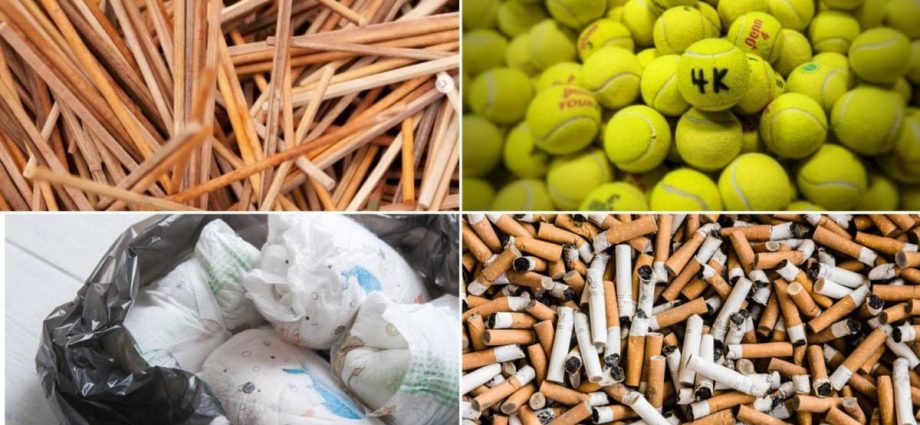
SINGAPORE: Reduce, reuse, recycle – from plastic and paper to glass, we know very well by now how important it is to live a little greener.
And while many of us are familiar with common items that could be given a new lease of life, advancements in technology have opened up the recycling field to many more unconventional materials.
Here are five less than usual things that don’t necessarily have to be thrown away:
DIRTY DIAPERS
Yes, you read that right. Even soiled disposable diapers can be recycled and broken down into pulp and plastic components.
The recovered plastic is compressed into small pellets for reuse and can be crafted into moulded items such as dustbins or containers.
Paper products such as cardboard packaging, insulation materials, pet bedding and pet litter can also be made from the recovered wood pulp – the bit that gets soiled.
I know you’re sceptical – how is this done and is there any way to fully clean a dirty diaper?
Established in Canada, Knowaste is the proprietor of patented technologies for the recycling of pre- and post-consumer absorbent hygiene products. This includes disposable baby diapers, incontinence items and feminine hygiene pads.
The company uses a multi-step method with repeated sanitising and screening. Used disposable diapers are first shredded before the waste is taken through a “jet cooker process” for sterilisation. Plastic materials are then removed and sent for separate processing.
These plastics are eventually filtered and cleaned again before they are turned into pellets.
The leftover diaper parts are screened again to capture any remaining traces of plastic and organic material, said Knowaste. The fibres are then washed and cleaned once more before the raw material is ready for resale.
About 626kg of cardon dioxide is saved for every ton of absorbent hygiene product waste processed with its technology, according to the Knowaste website.
“For a typical 36,000 tons per annum plant, that is equivalent to taking 7,500 cars off the roads, the total carbon dioxide emissions of 2,000 people, and saving over 32 Olympic sized pools or 80,000 cubic meters of waste heading to disposal each year,” said the company.

